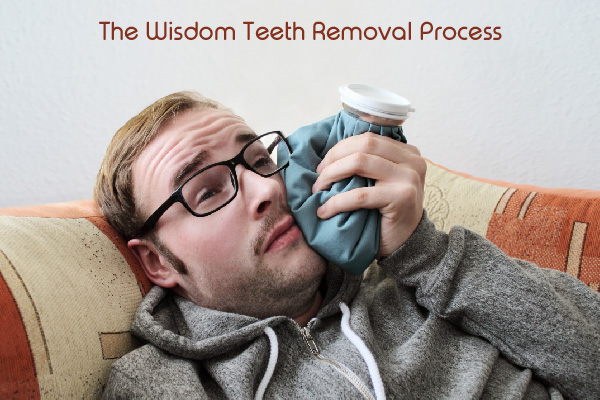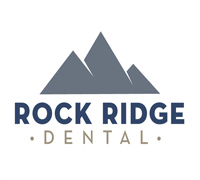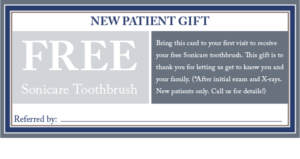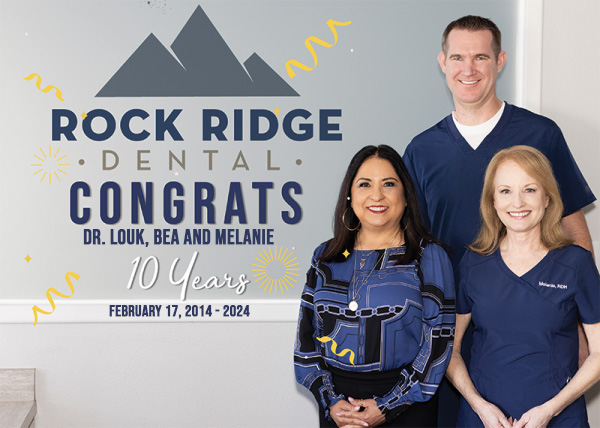
Your wisdom teeth, also known as your third molars, are usually removed as a preventive measure or after a problem occurs between ages 17 to 25. However, some people may have no issues with their wisdom teeth and may not realize that removing them before they cause problems is better done earlier rather than later.
Before We Begin
The wisdom teeth removal procedure is relatively simple and straightforward. Before the surgery, we will go over your health history form and discuss any health problems you may have. In addition to this, we will take note of any of the medications you take and will discuss what type of anesthesia you’d like to use. Our sedation options include:
- Nitrous oxide (laughing gas)
- Oral conscious sedation
- IV sedation
We will discuss the different levels and types of sedation, and together we’ll decide which one is best for you.
During Wisdom Teeth Removal Surgery
Altogether, wisdom teeth removal surgery should take about 45 minutes. First, we administer the local anesthesia by injecting Novocain in your gums. At this time, we may also administer the laughing gas or oral conscious sedation. We will need to cut your gums to remove your wisdom teeth. After the extraction, we will sew up the incision area.
We use gauze to control the bleeding, and upon waking we will have you gently apply pressure to these gauze pads to prevent bleeding into your mouth. After surgery, we advise you use ice packs to control swelling and help speed recovery.
The Recovery Process
It’s important to take it easy for a few days. Don’t do any strenuous exercise or smoke for the first few days. Smoking can hinder the healing process. Keep gauze pads to control bleeding, and take medication as prescribed. Be sure to eat soft foods and drink plenty of fluids. Only begin brushing your teeth the following day, and do not brush against any blood clots.
In fact, here is a list of “don’ts” to remember during your recovery:
- Don’t drink through a straw as the suction may loosen blood clots and prevent your mouth from healing.
- Don’t rinse your mouth too vigorously, but swishing very gently with saltwater (Kosher salt is preferable) can aid in healing.
- Don’t smoke.
- Don’t eat any crunchy, sticky, or hard foods that may irritate or scratch your wounds.
After having your wisdom teeth removed, our office will provide you with a detailed list of instructions for at-home care. If you have any questions about wisdom teeth removal or would like to schedule an appointment, call our friendly team today!
Make the wise decision; visit Rock Ridge Family Dentistry for your wisdom teeth extraction!


